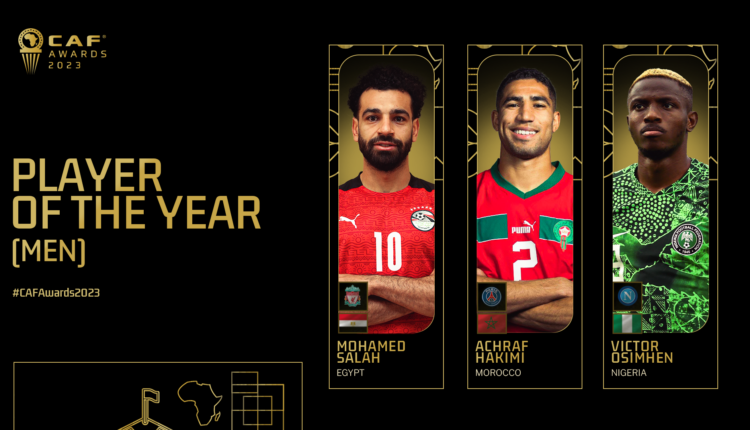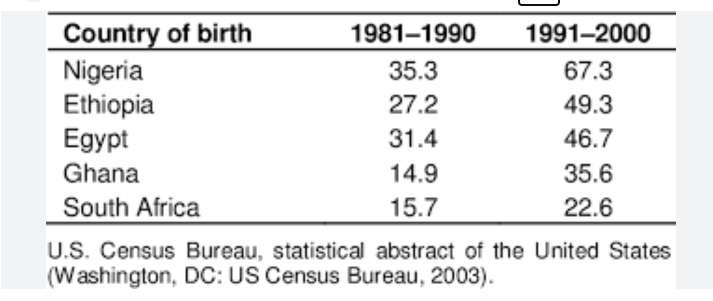If considered and implemented, the idea of a single African passport and currency has the potential to effectively affect the future of the continent. It’s a super bold and forward-thinking concept. Even though there are a lot of obstacles to overcome, this project is worthwhile because it has the potential not just to improve mobility and escalate economic growth but also to foster a sense of African identity, thereby presenting Africa for global acceptance. Like Chinua Achebe aptly said, “An African passport and currency represent a cultural and identity revolution rather than merely an economic venture. It’s about valuing our common history and creating a future in which our differences work to our advantage.”
Africa has 54 continents endowed with abundant diversity and history, each with its own distinct character, culture, and economic structure. The idea of a single African passport and currency has become a subject of debate and conjecture as the world changes. This audacious plan solicits concerns about the possible advantages, difficulties, and viability of such a daring undertaking. The idea of a single African passport and currency will be discussed in this article, along with its possible benefits, challenges, and necessary actions to make it a reality.
If Africa had one unified passport and currency, there would be:
Improved mobility and connectivity
Travelling throughout the continent would be easier with an African passport. At the moment, bureaucratic roadblocks are a common occurrence for African nationals travelling inside the continent, which limits the opportunities for commercial cooperation, tourism, and cultural interchange. The process would be streamlined by a unified passport, strengthening the bonds of unity and shared identity.
Increased Trade Within the African Continent
The adoption of a single African currency would remove the complexity of exchange rates and lower the costs of transnational transactions. Consequently, this would stimulate greater economic cooperation between African countries, cultivating a more cohesive and resilient intra-African market.
Fortification of Pan-African Identity
The creation of a single passport and currency will assist in the fortification of the Pan-African identity. This effort can promote a sense of oneness among the varied peoples of Africa, extending beyond national boundaries, by highlighting shared values and aims.
Foreign Investment Hub
Africa may become a more alluring hub for foreign investors if it has a single currency and passport. A more business-friendly atmosphere would result from streamlining trade and travel procedures, which would boost foreign direct investment and boost economic growth.
Possible Obstacles and Challenges This Process Might Encounter:
Numerous economies and fiscal policies
The numerous economic conditions in African countries are some of the primary obstacles. Every nation has unique economic systems, levels of development, and fiscal policies. To prevent economic inequities and imbalances, harmonising these discrepancies to create a single currency would need a thoroughly thought-out transition.
Political will and cooperation
African leaders must demonstrate a strong degree of political will and cooperation to achieve a single passport and currency. Forging a unified front towards a shared objective will require overcoming political divides, nationalistic feelings, and historical tensions.
A Way Forward:
Pilot Programmes and Regional Integration
Instead of starting from scratch with a single passport and currency for the entire continent, launching pilot programmes in particular areas may act as a testing ground. Achieving regional integration effectively may open doors for wider adoption.
Creation of a Centralised Monetary Authority
To oversee the one currency, a centralised monetary authority similar to the European Central Bank would need to be established. This organisation would be in charge of currency issuance, monetary policy, and maintaining economic stability throughout the continent.
Gradual Harmonisation of Fiscal Policies
Harmonising fiscal policies gradually would be required to overcome economic imbalances. To minimise shocks to individual economies during the transition, this entails coordinating taxation, budgeting, and economic strategy.
Public awareness campaigns
Obtaining support requires involving the public through awareness campaigns. Gaining public approval would require addressing concerns, outlining advantages, and stressing the benefits as a whole of having a single passport and currency.
Investment in Technology
It is imperative to make a sizable investment in technology infrastructure. This covers the creation of safe digital systems for border control, currency exchange, and passport issuance. Working together with international technological specialists could speed up this procedure.
Strategic planning, strong political will, and regional cooperation will all be necessary on the path to the union, but the benefits might be revolutionary for Africa and its people. Africa is at a turning point in its history, ready to embrace increased integration and cooperation in the future. The idea of a single African passport and currency offers optimism for a continent that is more rich and more integrated. According to Haile Selassie, former Ethiopian Emperor, “the process of uniting Africa is more like a marathon than a sprint. It necessitates endurance, teamwork, and a shared conviction in the unifying force of unity. Let’s set out on this adventure with tenacity and fortitude.”


